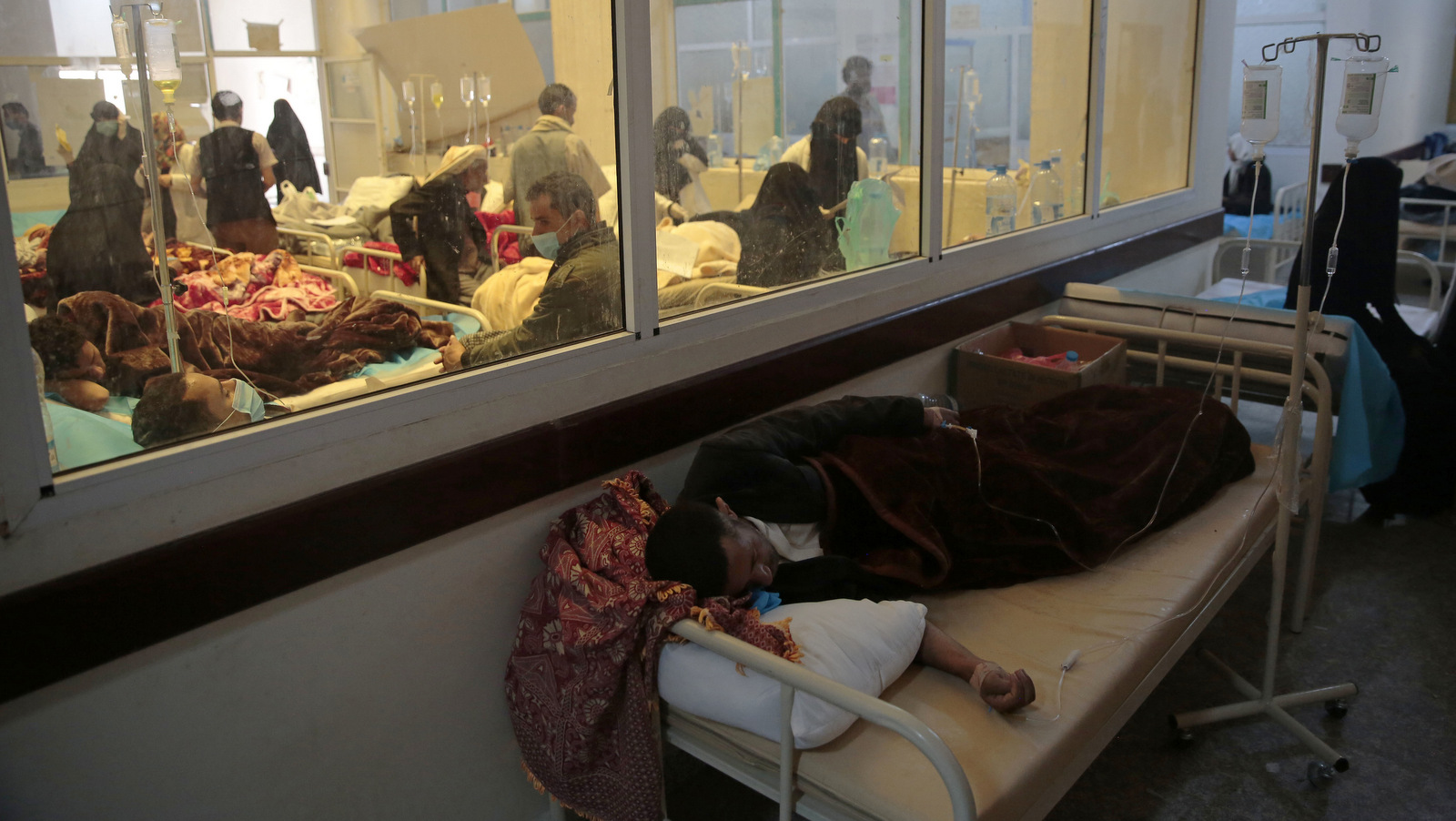With the Yemen War fast approaching its third anniversary, Afghanistan well into its 17th year, Iraq and Syria seemingly permanent US wars, and escalations ongoing across Africa, the US has seemingly more wars than ever going on. President Trump has been giving the military increasing autonomy in those wars, and the feeling of loss of control is palpable.
It’s been years since Congress has willingly asserted its authority on war-making in any serious way, and the president too is now delegating much to the generals. The American public’s ability to give meaningful input on America’s wars is far more limited.
Recent polls suggest that’s a position the American voters aren’t necessarily all that comfortable with. A November poll from J. Wallin Opinion Research showed the vast majority of Americans, over 70%, want Congress to impose at least some specific limits on overseas conflicts and exercise more direct oversight. It also showed a majority favor withdrawing US forces from the Yemen War.
While there is no shortage of reasons for America’s war-weariness to be skyrocketing, the Yemen War seems to be the tipping point for a number of reasons. The Yemen War was never debated, even a little, within the US, and is rapidly settling into one of the worst humanitarian crises in a generation.
The Yemen War cut aid off almost entirely to 15 million in the country’s north, led to what has been called the single worst cholera outbreak in human history, with over a million patients, and has been killing civilians by the thousands both in US-facilitated airstrikes and through mass starvation and lack of medicine.
The American public never signed up for doing that to Yemen, nor indeed did Congress. There is no legal pretext of an authorization for the use of military force in Yemen, even with the vague interpretations of the 2001 AUMF that have been used as a pretext for every other war.


People are treated for suspected cholera infection at a hospital in Sanaa, Yemen, May. 15, 2017. While cholera is easily treated, the Saudis’ ongoing blockade has crippled Yemen’s health system, making it unable to respond to the crisis.(AP/Hani Mohammed)
Even if, as recent presidents have asserted, the 2001 AUMF really did offer blanket war-making authority for every vaguely Sunni enemy on the grounds of 9/11, it plainly doesn’t apply in Yemen, where the US is backing a Saudi invasion to bring the nation’s Shia population back under the rule of a former general.
That general, Abd-Rabbu Mansour Hadi, couldn’t have a worse claim to ruling Yemen. “Elected” to a two-year term in a sham vote orchestrated by the US and UN, Hadi came to power with no opposing candidates allowed, and when his term ended, he simply announced he was staying. It’d be a classic junta move, except for that Hadi’s supporters were quickly routed by his rivals and he was chased out of the country.
Related
- How America Learned Not To Care About War
- Will Congress Ever Be Brave Enough To End War Authorization?
- The New York Times Acknowledges US Global Empire
While initially, the Saudi goal was just to reinstall Hadi, at this point Hadi’s under house arrest in Riyadh, and the Saudi War, with its substantial US involvement, seems to be an end unto itself.
With the American public increasingly aghast at the situation in Yemen, and increasingly aware of US military complicity in what has happened, Yemen is the perfect situation for Congress, and by extension, the voters, to reassert control over overseas conflicts.
The public’s appetite for limits to be imposed on overseas adventuring, and the plain lack of any authorization for Yemen mix very well, and the easy fix is to repeal old war authorizations and offer in their place very specific ones with clear boundaries and deadlines. On top of that, Congress must enforce those limits strictly, to prevent the sort of runaway campaign of global warfare America is currently cursed with.
This could’ve all been resolved years ago, but Congress long believed it was politically safer to just ignore the unauthorized wars. With polls showing strong majorities wanting clear limits in place now, that ’s not only any longer the case, but failing to rein in the wars will be increasingly politically risky for them.
Top Photo | A protest against US military action in Syria during a rally in New York on Friday, April 7, 2017. (AP/Andres Kudacki)
Jason Ditz is news editor at Antiwar.com. His work has appeared in Forbes, the Toronto Star, the Minneapolis Star-Tribune, the Providence Journal, the Daily Caller, The American Conservative, the Washington Times, and the Detroit Free Press.
<!–
–>
Source Article from http://www.mintpressnews.com/yemen-proves-us-needs-to-get-a-handle-on-war-making-powers/236160/
 RSS Feed
RSS Feed















 January 11th, 2018
January 11th, 2018  Awake Goy
Awake Goy 
 Posted in
Posted in  Tags:
Tags: 














Evil pentagon traitors murder the enemies of the British Empire.
N.A.T.O. IS A HERIOIN MAFIA. The pentagon wipes its ass with our Declaration of Independence.